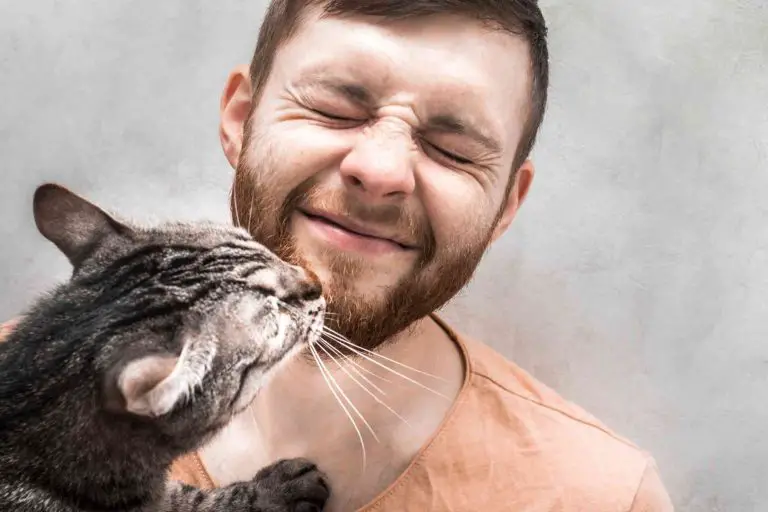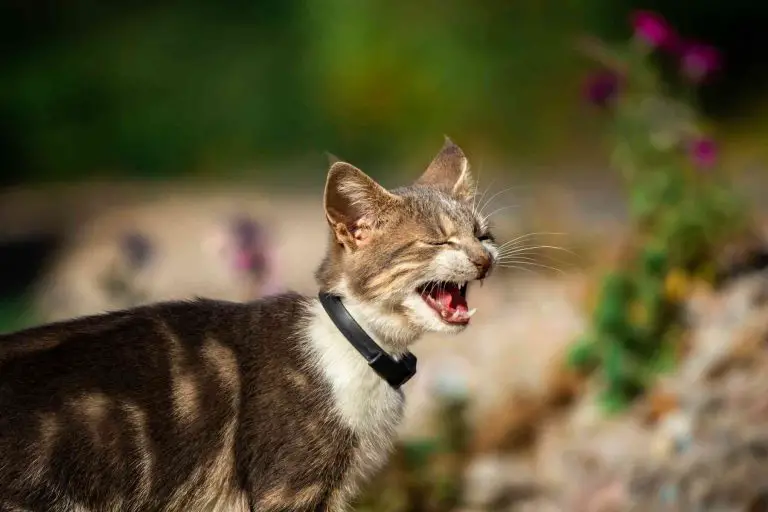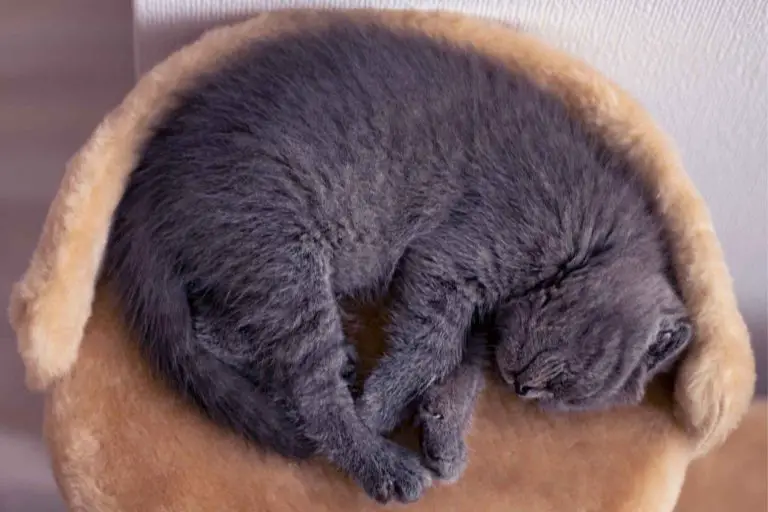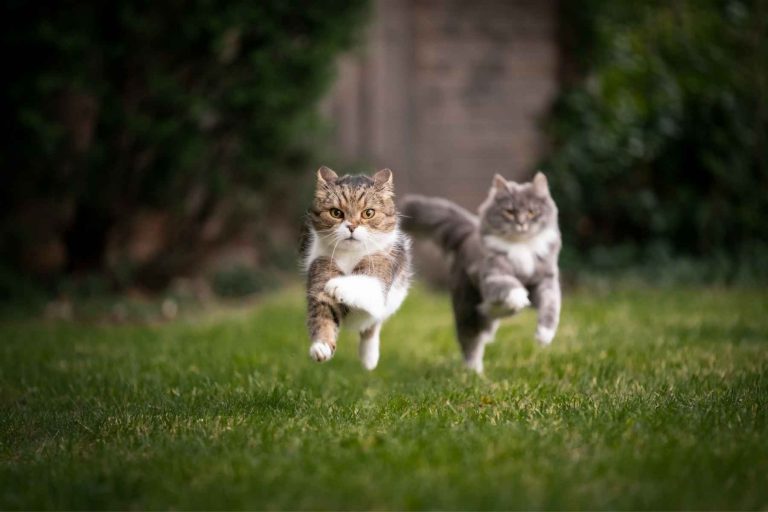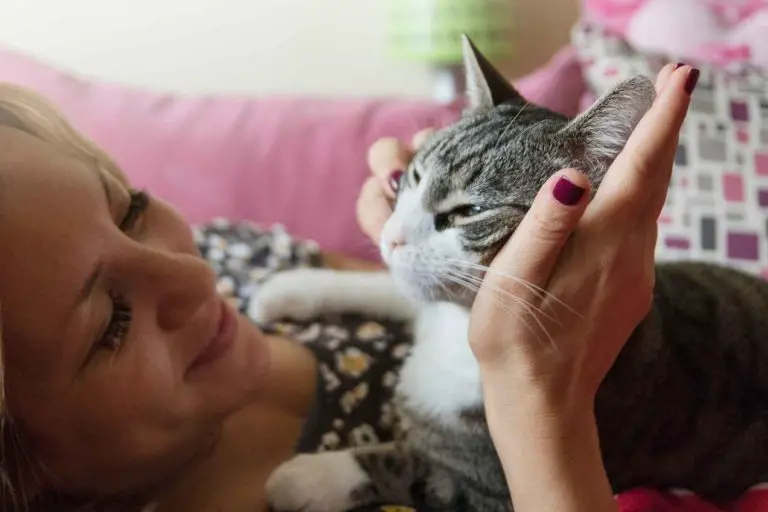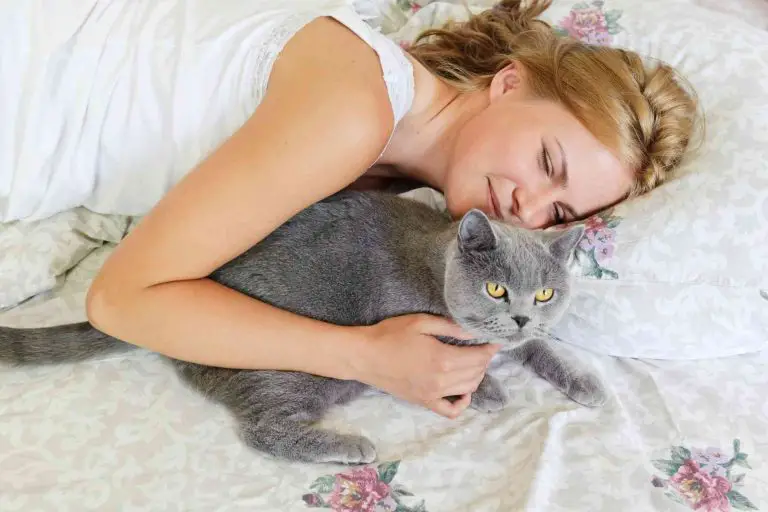Why Do Cats Like Butter?
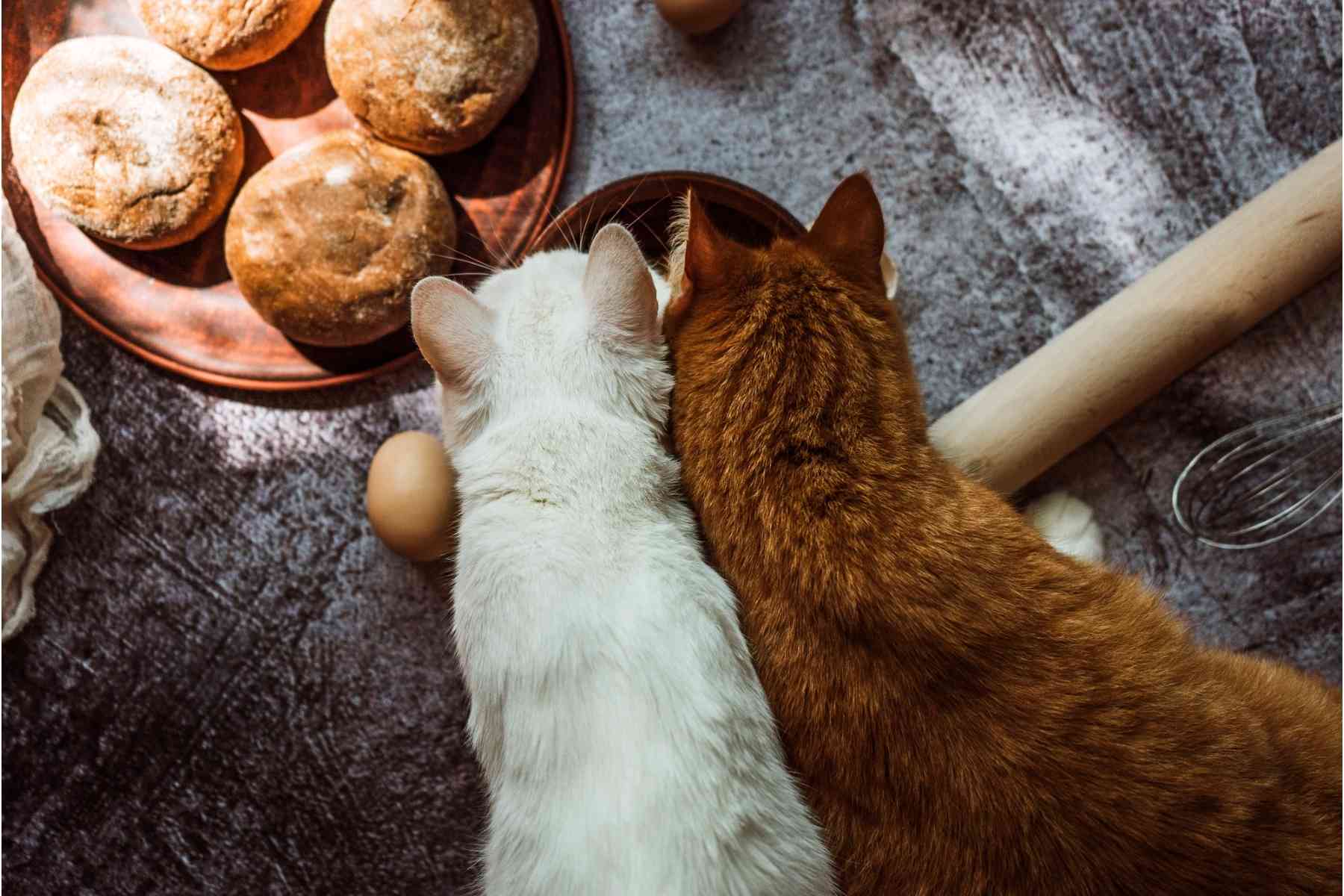
The truth is, no one truly knows why cat’s like butter. If you’ve ever left the butter on your countertop, chances are you’ve come into the kitchen and found them licking it. Some say it’s because the cat is signaling it needs more fat in its diet. Other’s say that it helps with hairballs.
But although it is not harmful to them, you still should never encourage your furry pal to eat butter. Let’s take a look at what we know about cats, butter, and why it’s best they avoid it.
Is Butter Harmful to Cats?
Butter is not harmful to cats, nor is it good for them, nor does it aid with anything hairball-related.
Let’s get that out of the way at the outset and make it perfectly clear: there is no reason to give your cat butter.
No, it is not poisonous or terribly harmful in small quantities. But it can be pretty dangerous if it is habitually included in their diet.
So, if you’ve come to this article wondering if your poor puss is going to have any severe damage because you caught her paws in your butter dish…
No. She’ll be fine.
But if you are looking for a hairball remedy or wondering whether your cat would benefit from some butter, the answer is an emphatic no.
Does Butter Help with Hairballs?
Did you know cats spend between 30-50% of their day grooming themselves? That means they are ingesting a lot of hair, and unfortunately, that can mean an abundance of hairballs.
If your cat suffers from a lot of hairballs (or maybe you are the one suffering), you might be tempted to turn to google for some advice.
Unfortunately, one of the things that I often see recommended is the following: give your cat butter (or melted butter) to help allow the hairballs pass a little easier.
The claim is that the butter coats the throat, and it reduces the hairballs. I have also seen other products, such as vaseline, recommended for this as well.
Do not follow either of these pieces of advice.
These claims are myths undoubtedly. There are many excellent hairball-control formulas out there. And there are specially formulated foods that can help with this problem as well.
Adding butter to your pet’s diet is only adding a health risk. And that health risk is not coming from them choking on a hairball.
Hairballs are expected, and you can talk to your vet or local pet care specialist about getting your pet friend’s hairballs under control.
Why Do Cats Seem to Love Dairy?
In most children’s stories featuring cats, you’ll find them served milk in a saucer constantly. In fact, cream and cats are synonymous with each other. But this is misleading and seems to be the stuff of legend.
However, cats do often seem attracted to dairy products: cheese, milk, butter. And that’s likely because they are attracted to the high concentration of fat. And who doesn’t like a little cream now and again?
But dairy – milk especially – does not always return the affection cats seem to have for them. Indeed, the lactose content in milk, cheese, and butter can cause upset stomachs, diarrhea, or even worse.
Many cats are lactose intolerant (just like humans!), so it’s never a good idea to give them any dairy products, including butter.
If you do want to give your cat a milky treat, try specially formulated cat milk you can buy at pet supply stores.
Is Butter Less Harmful than Milk?
So we learned that dairy, in general, isn’t a good idea for cats. But how worried should you be if you find your feline friend licking the butter dish?
Butter is likely less harmful to your cat than milk from a lactose perspective. And that’s because it is reasonably low in lactose, so it won’t trigger the same response a cat would have if it lapped up a bowl of milk.
When a cat drinks milk, it can trigger a lactose intolerance response. But the lactose amounts in butter are small enough that butter is not likely to do that.
But there are other potential harms to your cat having butter, which comes from the highly concentrated fat content.
Cats, Butter, and Fat Content
Butter contains about 80% fat content and 15% water, making it a highly concentrated source of fat.
For healthy cats who have a regular diet, they should be able to get all of the fat they require from their everyday food. But some cats do need to make sure they have a lot of fat in their food.
Perhaps your kitty has insufficient calorie intake or a parasite that is causing them to have trouble gaining weight. These are things you should discuss with your vet before adding something to their diet.
There are many excellent cat foods that have added fat and protein content for cats that need just a little bit more calories than your average cat.
Why Can’t Butter Help with Weight Gain and Nutrition?
If you’ve done your homework about cats and butter, you’ll likely have seen a few articles about adding butter to your cat’s diet to help promote weight gain and to give them extra vitamins.
This is highly inadvisable for two reasons.
First of all, before adding anything to your beloved pet’s diet, consult your veterinarian to see if it’s the correct fix for the problem you’re trying to solve. It most likely isn’t going to involve giving your cat butter.
Secondly, butter contains incredibly high levels of fat. Any animal – humans included – that ingests an excessive amount of fat as part of their diet will have behavioral and health problems.
So if you are concerned your beloved feline isn’t eating enough or getting enough nutrition, talk to your pet’s veterinarian.
Are There Any Benefits to Feeding Your Cats butter?
No, there are no health benefits to feeding your cat butter.
Butter does contain some small amounts of vitamin A, D, and B-12 and some protein and calcium. But not nearly enough to act as a “health boost” for your cat. Cats generally do not need “health boosts” that involve adding human food to their diets.
And with butter, the truth is in the fat: there’s simply too much of it. The negative consequences of obesity-related illness far outweigh any potential health benefits that might be gained.
What Does a Severe Reaction to Overeating Butter Look Like in Cats?
It’s true, if your cat is more sensitive to lactose, they may have more tummy troubles than an average cat if they accidentally eat butter.
So when should you be concerned?
If your cat is sensitive, tummy problems, indicated primarily by diarrhea, will begin between 8 and 12 hours of eating the butter. Most likely, they will clear up within 24 hours.
If it lasts longer than that, or if your cat is in distress, contact your vet immediately.
What About Vegan Butter or Other Low-Fat Spreads?
None of these is a healthy option for cats. Although Vegan butter or other low-fat butter might be better for us, they still contain things our feline friends should not eat.

